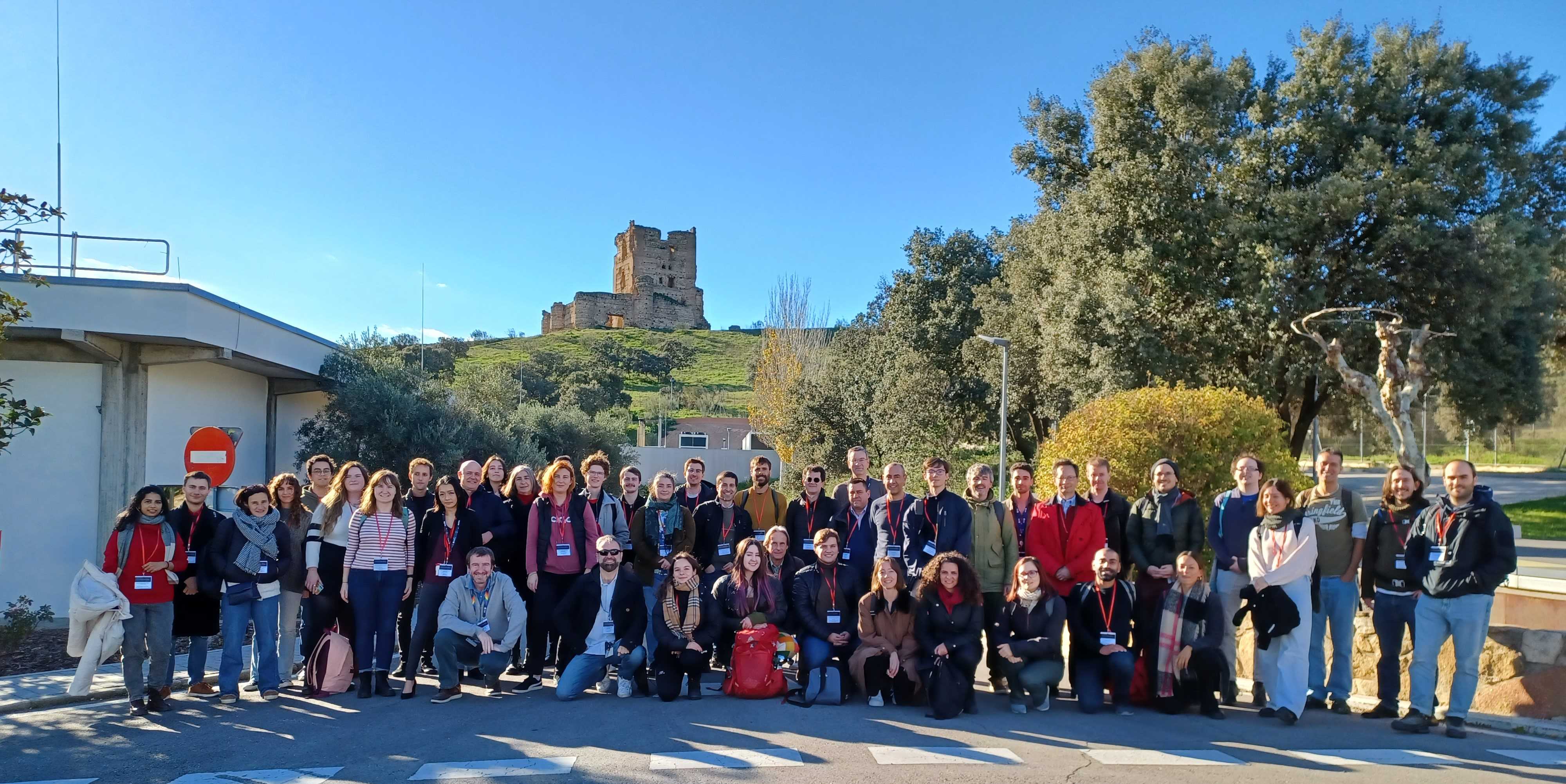Home - Machine Learning meets galaxy classification: Addressing paradigms of galaxy evolution and their environment


The physical processes driving galaxy formation and evolution are key topics in both the fields of Cosmology and extragalactic astronomy. The interrelations between these mechanisms, at both individual level and in the larger context of the galaxy environment, are also essential factors in the study of the cosmological parameters.
We are witnessing a significant observational effort from ground-based observatories and space born telescopes, together with dedicated surveys planned in the near future. This wealth of data, with a wide variety of wavelengths ranges, spatial and spectral resolution and various area and depth coverages, requires techniques able to integrate these heterogeneous data sources and provide coherent views for the data-driven astronomy.
The usage of machine learning techniques for the analysis of astronomical data has exploded in the last decade thanks to their potential to carry out a great variety of tasks with high accuracy and high processing speed, which allows to handle big data surveys efficiently. Their application to increasingly larger science cases in the field of extragalactic astronomy and Cosmology has brought significant advances in the area, but has also marked some challenges (interpretability, uncertainty estimation, etc) that need to be addressed for a robust utilization of these methodologies to galaxy evolution and their environment.
Invited Speakers:
Marc Huertas Company. Instituto de Astrofísica de Canarias, IAC.
Maggie Lieu. Nottingham University.
Jesús Vega Ferrero. Universidad de Valladolid.
Berta Margalef Bentabol. Netherlands Institute for Space Research, SRON.
Sandor Kruk. European Space Agency, ESA.
The conference will take place at the European Space Astronomy Centre, ESAC, on the 21st - 22nd of November and there will be no conference fees.
- Removed a total of (1) style text-align:center;
- Removed a total of (17) style text-align:justify;
- Removed a total of (1) style margin:0;








































 Sign in
Sign in
 Science & Technology
Science & Technology